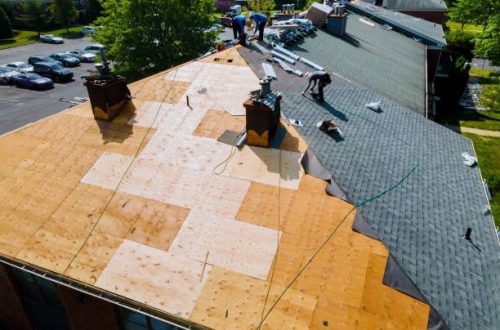Renting a roll-off dumpster can be an essential solution for effectively managing waste during home renovations or construction projects. These dumpsters are designed to handle large volumes of debris, making them ideal for both small-scale home improvements and extensive construction undertakings. Understanding the benefits and proper usage of roll-off dumpster rentals can significantly enhance the efficiency of your project.
One of the primary advantages of using a roll-off dumpster is its ability to accommodate various types of waste materials. Whether you’re clearing out old furniture, disposing of construction debris like wood and drywall, or getting rid of yard waste, these dumpsters provide ample space to handle it all. This versatility ensures that you don’t have to worry about sorting different types of waste into separate containers, streamlining the cleanup process.
Roll-off dumpsters come in multiple sizes, typically ranging from 10 to 40 cubic yards. Choosing the right size depends on the scale and nature of your project. For minor home renovations or garage cleanouts, a smaller 10-yard container might suffice. However, larger projects such as major home remodels or new constructions often require bigger sizes like 30 or 40-yard dumpsters. Consulting with a rental company can help determine the most suitable size for your needs.
Convenience is another significant benefit offered by roll off dumpster rental rentals. The delivery and pickup services provided by rental companies eliminate much of the hassle associated with transporting heavy loads to a landfill yourself. Once you’ve filled up the dumpster with waste materials, you simply schedule a pickup time with your provider who will then haul it away for proper disposal.
Environmental considerations also play an important role in choosing this method for waste management. Many reputable rental services follow eco-friendly practices by sorting through collected debris at their facilities to recycle appropriate materials before sending anything else to landfills. This not only helps reduce environmental impact but also promotes sustainability within communities undertaking development projects.






